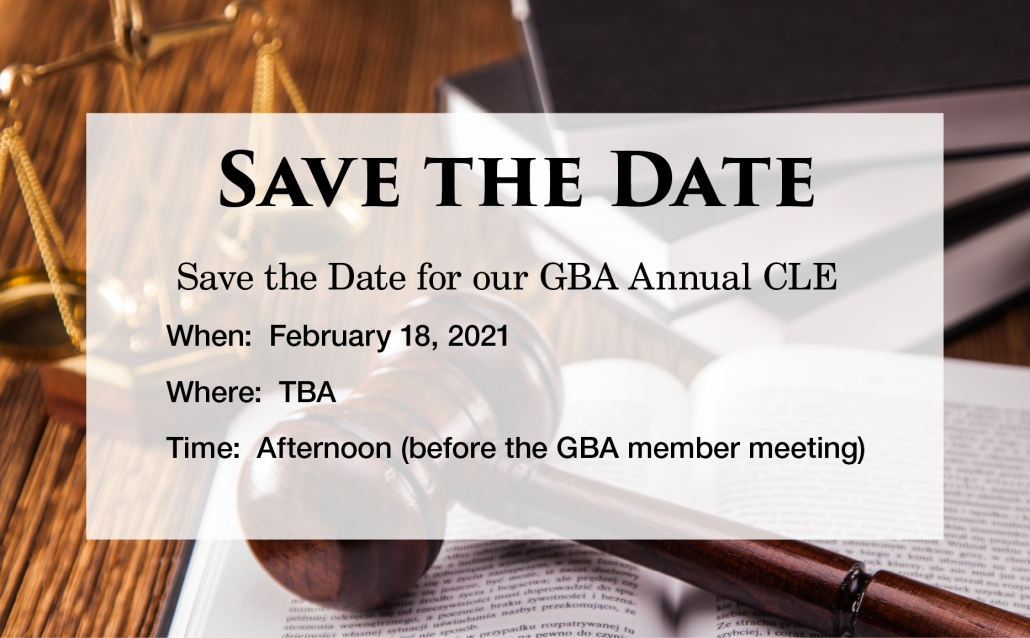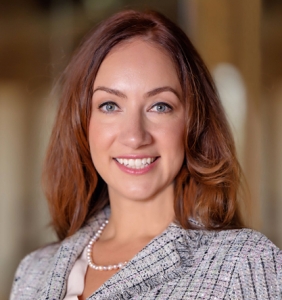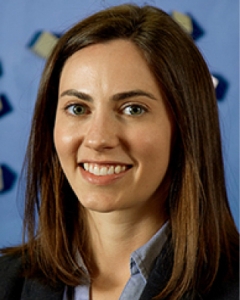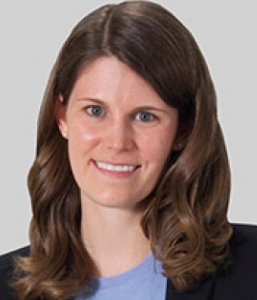
Camille Stell is President and CEO of Lawyers Mutual Consulting & Services. Continue this conversation by contacting Camille at camille@lawyersmutualnc.com or 800.662.8843.
Evolve and thrive. Never before have those two words been more important.
Some firms will adapt to these unprecedented times. They will emerge ready to meet the new opportunities of a re-imagined world. Other firms will wait for things to return to normal.
Let’s make sure you are in the first group.
The Defining Characteristic of a Modern Law Firm
- Are you in the business of billing hours?
- Are you in the business of filling out forms and signing documents?
- Are you in the business of attending meetings?
- Are you in the business of measuring out your life in six-minute increments?
The answer is no. In the Foreword to Jack Newton’s 2020 book, The Client Centered Law Firm, Jordan Furlong says, “You are in the business of helping people solve problems, of putting lives back on track, of helping businesses grow and prosper. But it’s possible that your own law business has started to chase and measure and reward the wrong things – that it has forgotten its intended purpose, what and who it’s actually for. The purpose of your law business is your clients. The future of law is client-centered.”
Clio 2018 Legal Trends Report
According to the 2018 Clio Legal Trends Report, forty percent of clients feel frustration as part of the experience when hiring a lawyer, but only 8% of law firms perceive this to be the case.
According to the same report, lawyers spend 2.4 hours per day on billable work. On any given day, lawyers spend 2 hours looking for legal work.
Clients aren’t getting the experience they want from lawyers, yet lawyers are working hard to find clients. Modernizing your law practice is one way to bridge this gap.
Permanent Change
The profession has experienced permanent changes because of the pandemic. Here are a few:
- Working remotely, either partially or fully
- Moving data and operations to cloud-based platforms
- Emphasis on innovation, especially with how clients access legal services
- Use of video and audio conferencing
- Use of collaborative technology
- Virtual trials, discovery, mediation, and court proceedings
- Livestreaming of court proceedings
- Growth in alternative legal service providers
Effortless Experience
Jack Newton is the co-founder and CEO of Clio. He has spent the past ten years working with lawyers as they build their law firms. The Clio Legal Trends Report and now the Clio COVID-19 Impact Reports are Clio’s research efforts to understand the challenges faced by small law and to offer information and solutions. Jack’s newly released book, The Client Centered Law Firm, furthers the research Clio has done. In it, Jack discusses the impact small changes can have on your firm and your client relationships.
“Asking your client to fax you something (or receive a fax), fill out forms by hand, or come to your office multiple times during their working hours to sign documents requires a lot of effort of their part.”
“Simple changes like sharing documents electronically, and allowing e-signatures, make for a much smoother experience. The best part is, creating an effortless experience for your clients often means creating an effortless experience for your firm too. The improved processes and efficiencies mean less rote work.”
“It doesn’t have to happen all at once. It’s better to implement small, continuous, iterative changes than it is to implement nothing at all. Small changes have a big impact, and over time, there’s a cumulative positive effect.”
“The more you can make small changes, learn, and iterate on them, the closer you’ll get to providing the type of experience your clients want and need.”
At the time Jack wrote this, the pandemic was unknown to us. As a result of the pandemic, many firms have been forced to make some of these changes that provide a better experience for clients. The question will be whether firms look to make these changes permanent or whether they anxiously await the day when they can return to a pre-pandemic world.
The goal should be to create a modern law practice that will evolve and thrive during and after the pandemic. Building a modern practice doesn’t mean that the lawyers are all young or that the client work is of a certain level of sophistication. Rather it is the mindset of the firm.
Characteristics of a Modern Practice
- Strong technology foundation
- Collaborative
- Transparent
- Marketing savvy with rainmaker instincts
- Entrepreneurial
- Leadership driven
- Wellness focus
- Recruiting and retention with a focus on
diversity and inclusion initiatives
Conclusion
In Jim Collins seminal book, Good to Great, he shows how an organization makes small decisions geared toward success, day in and day out. Ultimately, those efforts culminate in an unstoppable force that takes a good business to greatness.
As Jim interviewed companies that made the leap from good to great, the leaders couldn’t attribute their success to any one change or moment in time. Rather, it was a buildup of small changes that eventually paid off.
The changes you make today may not result in new clients or improved profits tomorrow. But over time, your efforts to build a modern law firm will result in a client centered firm supported by enthused professionals that will last multi-generations.
Camille Stell is the President of Lawyers Mutual Consulting & Services. Continue this conversation by contacting Camille at camille@lawyersmutualconsulting.com or 919.677.8900.


